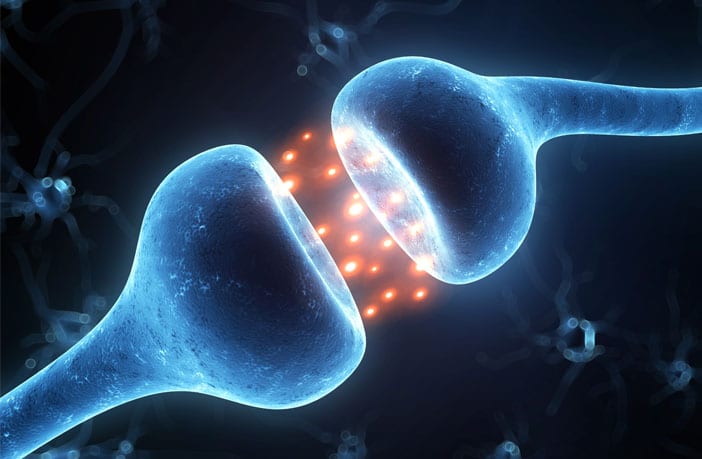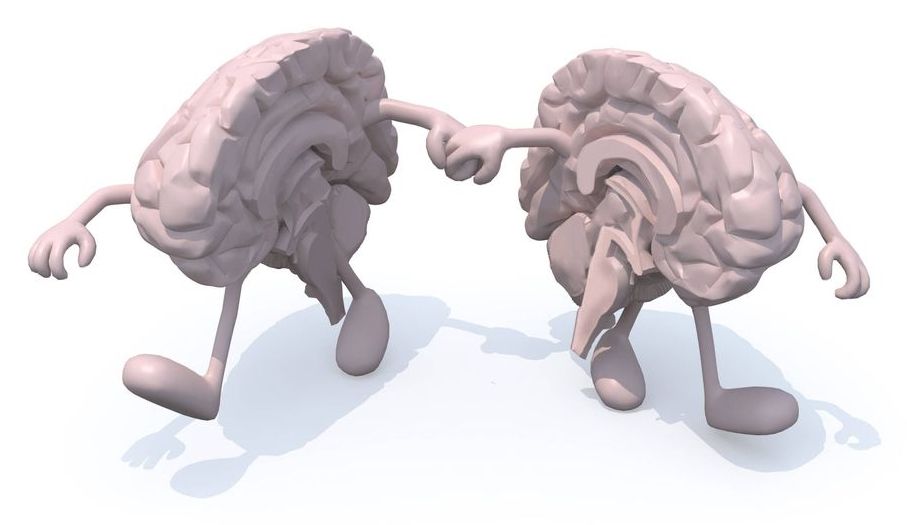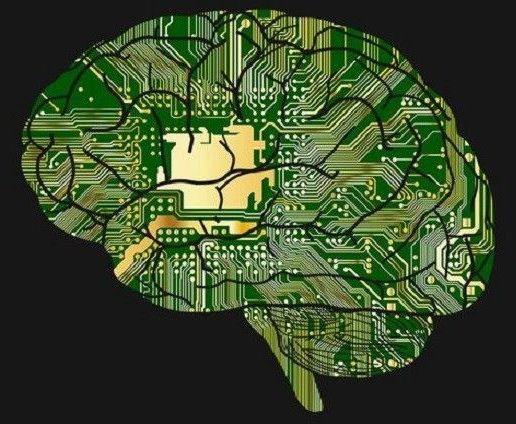Advanced stages of dementia typically follow a series of muted symptoms patients might mistake for less serious conditions, like stress or sleep deprivation. In fact, according to a new study conducted by researchers from Duke University, many of us evidence one of the premiere red flags associated with the illness almost every day.
“There has been a misperception that financial difficulty may occur only in the late stages of dementia, but this can happen early, and the changes can be subtle,” explained senior author P. Murali Doraiswamy, MBBS, a professor of psychiatry and geriatrics at Duke University, in a media release.
The new paper, published in The Journal of Prevention of Alzheimer’s Disease, examines the cross-sectional relationship between dementia and financial management skills in the elderly. The strength of the report’s findings highlights how limited the diagnostic scope has been up until very recently.






